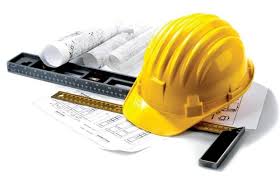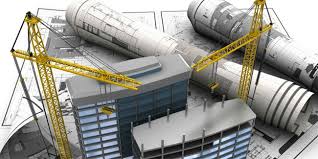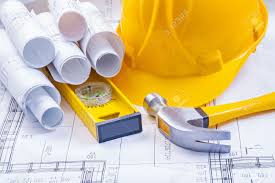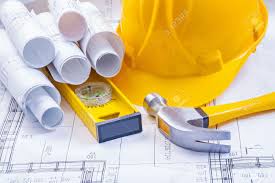
Occupation summary
This occupation is found in the building services sector. Building Energy Management Systems are implemented in buildings with mechanical, HVAC (heating, ventilation and air conditioning) and electrical systems to enable energy efficient control of the internal environment. The buildings themselves can vary widely in size and function.
The broad purpose of the occupation is clearly focused upon the control, performance and efficiency of energy usage and comfort control in industrial/ commercial /public buildings of a diverse nature. It requires an associated understanding of these environments and the balance between cost, comfort, safety, health and wellbeing. It includes the specialist design, installation and commissioning expertise required to undertake this control and servicing function.
Typically a BEMS Controls Engineer will be involved initially with designing the building energy management system that controls the building services (eg heating, air conditioning, renewables).They may also write related software and graphics as well as installing and commissioning such systems. Another key area is connecting and integrating with other building systems (eg security) to create ‘Smart Buildings’. After the building is occupied and being used they may also be involved in servicing & maintenance, fault finding if there are problems with the system and energy performance reviews.
Within the role the following skill set will be needed to cater for the range of different BEMS types:
1) Controls Hardware and Logic: Engineers will be required to select, install, configure and update control hardware platforms from the main manufacturers in the UK Market.
As well as manufacturer specific control hardware, engineers will also require generic knowledge. Particularly important is an understanding of controls principles such as logic, proportional and integral control and energy saving techniques for control strategy efficiency.
2) Field Devices: Field devices are manufactured by numerous organisations but can be, broadly speaking, categorised into Sensors, Valves, Actuators, Dampers, Variable Speed Drives, Switches and relays. The engineers will understand the controls and performance of field device types from first principles.
3) Networking: Standard network architectures such TCI/IP, MSTP and RS485 are the main stays of the industry so engineers will be required to design, install, maintain and fault find these types of networks along with more specialist sub-networks for integration of items like utility meters.
4) Communication Protocols: The engineers will be trained to a high level in the common open standard protocols in widespread use within the BEMS industry with the most common being BACNet.
5) Supervisor Software: Interaction with a BEMS is typically conducted via a ‘software supervisor’. This is, generically, a graphics based software platform aimed at providing an intuitive way for the user to find their way around their system. The engineers will be required to have a knowledge of the construction of graphics, creation of user accounts, alarm management and schedule management.
Mainstream environments/considerations for the use of these skill sets include:
- Office buildings/Leisure centres/student accommodation/college campuses - with consideration for comfort and energy efficiency
- Hospitals/health care – specific clinical control requirements
- Historic buildings - internal building fabric/external building integrity
- Theatres – audience comfort/performance special effects
- Transport/entertainment hubs - high volumes of people in relatively short periods of time
In their daily work, an employee in this occupation interacts with a wide range of building stakeholders (eg owners/operators/facilities management/occupiers) in both the private and public sector. They would need to successfully liaise with both external and internal functions of their own organisation but also those of clients/key influencers (eg contractors/local councils/consultants) to ensure that different stakeholder needs are taken account of within the client’s controls specification.
Employees will be both office and site based.
An employee in this occupation will be responsible for the delivery and performance of the BEMS and to achieve this they will have to manage budgets and teams of people, which could vary depending on the size of the business. The BEMS industry is made up of a wide range of organisation types/sizes but there are a significant number of SME’s (small/medium enterprises). Therefore employees will need to be able to work alone and under supervision.



























